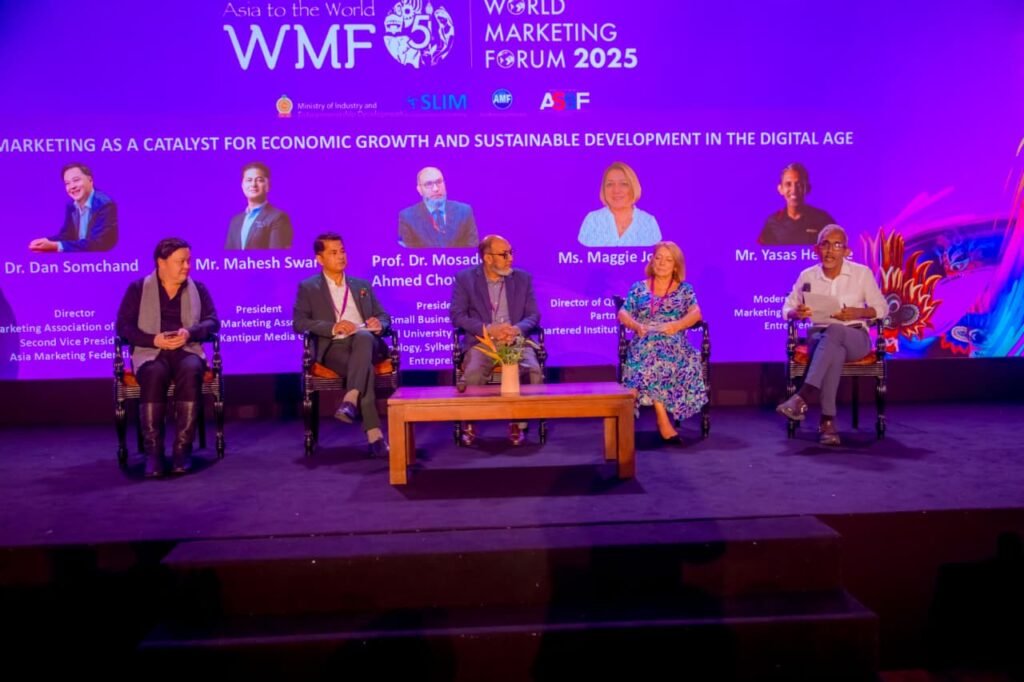Creating a safe and positive TikTok experience: In-app features supporting Sri Lankan users
For many in Sri Lanka, TikTok isn’t just a social media app; it’s a place to explore creativity, share experiences, and find community. Whether it’s through short cooking videos, dance challenges, or meaningful messages, Sri Lankans are connecting and expressing themselves on TikTok like never before. But with so much happening online, the importance of user safety and mental well-being has never been more essential.

In response, TikTok has introduced several safety features to empower users to feel secure, balanced, and supported. Recently, TikTok announced a partnership with the World Health Organization (WHO) to help tackle misinformation and ensure accurate information is shared through the Fides network—a community of trusted healthcare professionals and content creators. From practical tools to manage screen time to resources for mental health, TikTok is committed to creating a positive digital experience. Here’s a closer look at seven of the platform’s most innovative features, designed to keep users safe and support well-being in an ever-evolving digital world.
1. “You are not alone”: mental health support for those in need
TikTok offers a support feature specifically for users who may be struggling with mental health challenges. If a user searches for content related to mental health or suicide, TikTok responds with reassuring messages, reminding users that they “are not alone.” A dedicated tab of tips and support appears when such terms are searched, and this feature encourages users to reach out to trusted individuals, practice guided deep breathing exercises (complete with step-by-step instructions), and engage in activities designed to alleviate feelings of despair. By offering practical resources and immediate reassurance, TikTok aims to create a safe and supportive environment for those in need.
2. Managing screen time: empowering healthier digital habits
TikTok recognizes the importance of maintaining a balanced relationship with technology and offers an array of features to promote mindful usage. Users can set daily screen time limits tailored to their routines, helping them enjoy the platform without overindulgence. Weekly usage reports provide valuable insights into app activity, enabling users to reflect on and adjust their digital habits. The screen time dashboard adds another layer of awareness by offering a detailed breakdown of time spent on the app, making it easier for users to identify patterns and set goals for productivity. For those deeply immersed in TikTok’s engaging content, screen time reminders prompt timely breaks, encouraging users to pause, refresh, and avoid digital fatigue. Together, these tools create a healthier and more intentional digital experience for Sri Lankan users, from busy students to professionals seeking balance.
3. Family pairing: building a supportive online experience for teens and parents
For younger users, TikTok’s family pairing feature offers a shared approach to digital safety. Parents can link their accounts to their teens’, allowing them to oversee screen time, manage privacy settings, and explore safety features together. This collaborative tool opens up communication between parents and teens, creating a digital environment where young users feel empowered and supported.
4. Well-being guides in TikTok’s safety centre
TikTok’s safety centre is home to a collection of well-being guides, packed with advice on managing digital habits and supporting mental health. Available anytime, these guides provide practical tips for users who want to build a balanced relationship with social media. For Sri Lankan users, these resources offer easy access to information on healthy online practices, promoting a positive TikTok experience.
5. Sleep reminders to support healthier rest
Good sleep is crucial for mental and physical well-being, and TikTok’s sleep reminders feature helps users manage their rest. By muting notifications at a set time, users can avoid late-night distractions and ensure a good night’s sleep. For users aged 13 to 17, TikTok takes it a step further by automatically muting notifications after a certain hour, encouraging young people to prioritize their rest.
6. Prioritizing age-appropriate content and interactions
TikTok ensures that its platform is a safe and secure space for all users, particularly younger audiences, by enforcing an age limit of 13+ and implementing content restrictions for users under 18. These measures help protect younger users from exposure to inappropriate content, creating an environment conducive to healthy and age-appropriate engagement. Additionally, TikTok allows users to take control of their interactions through comment filtering tools. These tools empower users to decide who can comment on their content—whether everyone, followers, or no one—while also providing options to report or filter out spam, offensive remarks, or comments violating community guidelines. This ensures a safer and more positive experience for all users.
7. Safeguards for younger audiences
To promote healthier digital habits, TikTok has implemented specific prompts and safeguards for users aged 13 to 17. For instance, if a younger user exceeds 100 minutes of daily screen time, the app encourages them to set screen time limits, fostering responsible app usage. These prompts, combined with TikTok’s existing well-being tools, ensure that younger users can enjoy the platform while maintaining a balanced digital lifestyle. By addressing the unique needs of its teenage audience, TikTok reinforces its commitment to creating a supportive and age-conscious digital space.
A safer TikTok for everyone
As more Sri Lankans use TikTok to connect, inspire, and be inspired, these safety features are designed to keep the experience positive, balanced, and meaningful. By putting mental well-being and user safety at the forefront—and by partnering with leading organizations like WHO—TikTok is dedicated to creating a digital space where everyone can share, create, and engage with peace of mind.






